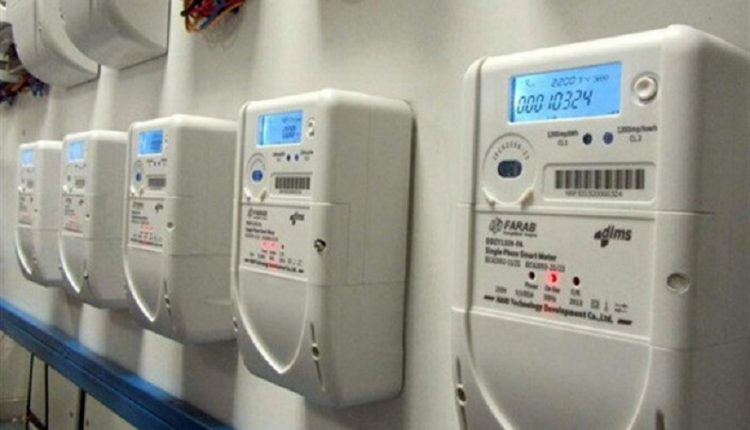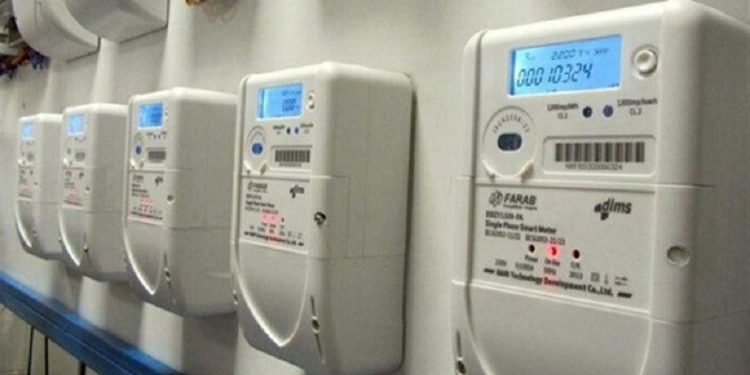All seem set for the distribution of 900,000 free electricity meters to Nigerians as the first phase begins today in Kano, Kaduna and Lagos.

According to reports in the media, all 900,000 meters are in the country already and they will be distributed free at the point of deployment.
Under the Presidential Metering Initiative, the government committed to the bulk procurement and distribution of 6.5 million meters, which would be distributed to electricity consumers across the 11 power distribution companies (DisCos).
In the first set of distribution, electricity customers will get about 900,000 meters, which would be deployed mainly by two companies – Mojec International Limited, a Lagos-based meter assembler, and Momas Electricity Meters Manufacturing Company Limited (MEMMCOL), a local meter manufacturing outfit.
The government says it will roll out 6 million meters for all connection points on grid without meters over the next 18-24 months. It is estimated that this will impact 30 million power consumers.
There are scheduled simultaneous launch of the event across the country, and would have in attendance representatives from the Kaduna, Kano and Lagos governments, the Senate Committee and House chair on Power will attend some of the events with Organised Labour and Civil Society Organisations.
Meanwhile, the Nigerian Electricity Regulatory Commission (NERC) will in days to come issue an order on tariff on the basis of the agreement between the Federal Government led by the secretary to the government and the minister of labour on one hand and labour leaders on the other.
NERC has already had meetings with senior government officials, owners of the DisCos and the Central Bank of Nigeria to pave the way for the implementation of the agreement on self-reflective tariff for the power sector.
According to sources the agreement between the Federal Government and the labour unions on tariff would now come into effect from November 1, along with the distribution of prepaid meters to customers.
According to the terms of the agreement with labour, electricity customers across Bands A-C, who saw a tariff increase, will enjoy different levels of discount ranging from 10-30% on the value of the increase. Bands D and E customers will have their tariff frozen.
Following a threat of strike by labour unions in September, NERC issued an order suspending the implementation of the Service Reflective Tariff (SRT) for 14 days. That initial delay may have cost the government about N25 billion as subsidies within that period.
Few days before the expiration of the suspension order, the Federal Government said it had acceded to the demands by labour unions to provide some form of relief for Nigerians facing difficulties on account of Covid-19, by providing N5 billion monthly subsidy till December.
In the deal, the Federal Government agreed to a two-phased approach to solving the impasse – a short- and medium-term solution.
The immediate solution will see the Federal Government pay N5 billion monthly as subsidy till December 2020, while the short-term approach involved reviewing the basis upon which the SRT was increased, auditing the revenue of DisCos and evaluating gas pricing.
The Presidential Metering Initiative will be handled in three phases. In the first phase, there will direct financing of all meters ready for quick deployment, including meters at the ports, those in-country available stock, committed orders by MAPs between September 2020 and April 2021.
In the second phase, the CBN financing and procurement targeted exclusively at local manufacturers and assemblers will be concluded in the fourth quarter of 2021.
The last phase would be the World Bank International procurement, which gives a 20-percent buffer allowance to local manufacturers to order to improve their competitiveness and encourage joint ventures with local companies by December 2022.
The project is expected to cost about $405 million and the World Bank is providing $200 million while the CBN will provide the balance of $205 million.
The World Bank will spend the $200 million bulk procurement of meters under the proposed Nigeria Distribution Sector Recovery Programme. Under the World Bank proposal, Chinese meter manufacturing companies would be contracted and allowed to import between 3 million and 6 million meters to close the metering gap.
The World Bank bulk meter procurement would be a loan to the Federal Government to be paid back by electricity customers and the Federal Government.
Source: Business Day















